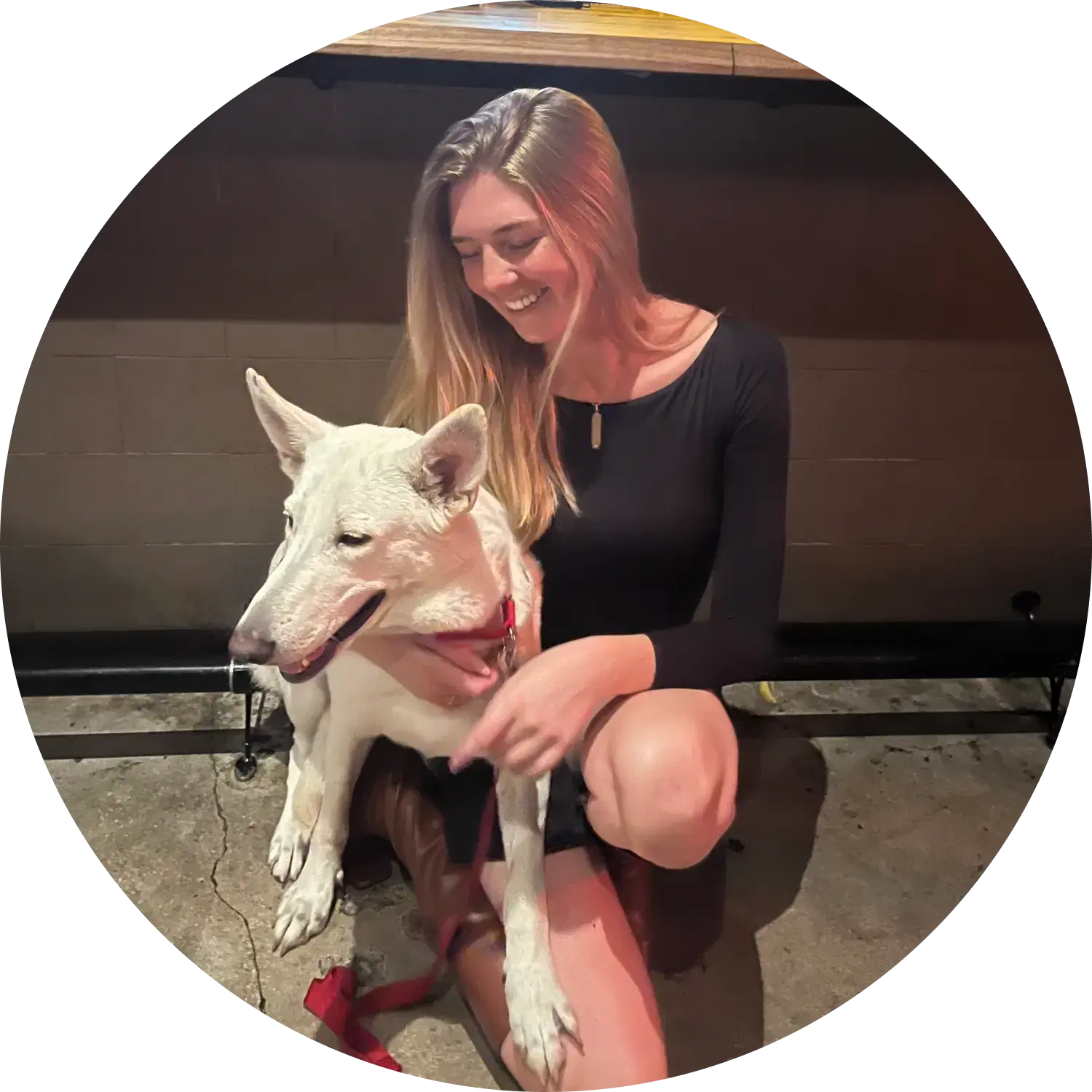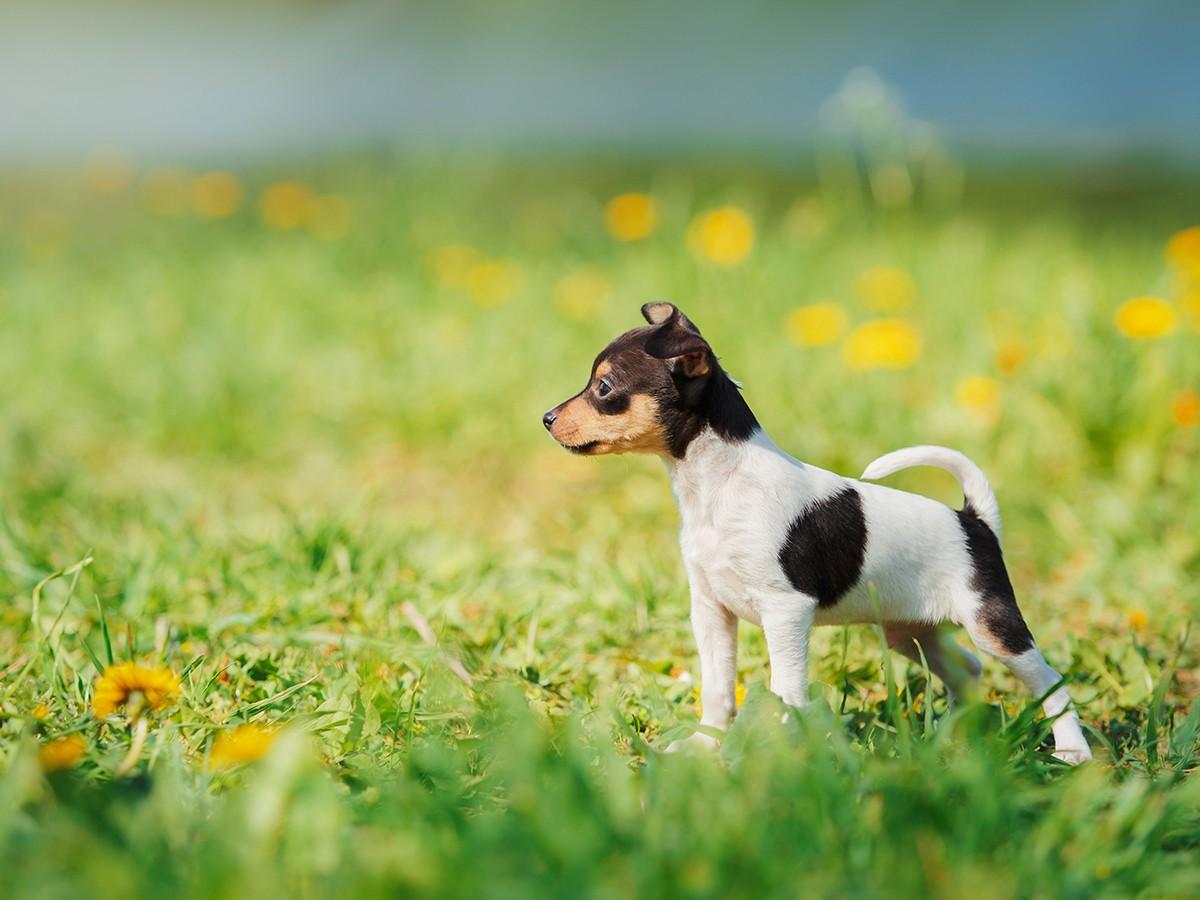Dogs and foxes are two cunning creatures crossing paths in the great outdoors. They have like an old rivalry straight out of a nature documentary. While your dog might think it’s the ultimate backyard warrior, foxes have been outwitting everyone (including us humans) for centuries. There’s a reason we call them cunning foxes.
The only difference is that dogs traded their wild instincts for belly rubs and protection while foxes kept their sneaky edge, opting for a more solitary, stealthy life in the woods. So, an encounter between them today is like a showdown between an overconfident rookie and a seasoned trickster.
And as you asked, the real question is, when an encounter does happen, who will attack who and why?
The answer is not very straightforward. Foxes are the escape artists of the animal kingdom. So, whenever there is a conflict, their primary instinct will be to run away. Having said that, it’s not a sign of weakness. If a dog tries to attack or take a dominant position, they will surely defend themselves.
Are Foxes a Danger to Dogs?
A fox going out of its way to attack a fog is highly improbable. But there are chances that they will attack small dogs. Apart from injuries that can occur because of the attack, the biggest threats for the dogs are the rabies and infectious parasites that foxes carry. Dogs can even get in contact with these harmful bacteria and parasites if they end up rolling in fox poo. (1)
What Size Dog Will a Fox Attack?
Foxes are not giant animals. Most big dogs will be bigger in size than a fox. So, no fix will ever risk going one-on-one with a big dog for a meal. However, if your dog is small, which is anything under 15 pounds, there could be a risk of a fox attack. (2)
So, dog breeds like Pugs, Boston Terriers, Chihuahuas, etc. are the ones that should not be left alone in the backyard, especially in a fox-prone area.
Are Foxes a Danger to Puppies?
As mentioned above, smaller-sized dogs may be at a higher risk of fox attacks than bigger ones. Foxes may prey on small pets like rabbits, guinea pigs or chickens. Basically, any small animal that doesn’t look like a threat and can be a good meal. scare the fox away. Having an aggressive breed like a Chihuahua, Basenji, Dachshund, etc., can help scare the fox away. However, it is always better to keep your dog, if small, indoors when no one is monitoring them. In case you have multiple dogs, leave the small ones with the big ones when outside. (1)
More About Spot Pet Insurance
In case your dog ever gets bitten by a fox, you should immediately take them to a pet hospital or a vet. They need to be examined and assessed for any need for vaccination.
Dogs are always at the risk of injuries and illnesses. Some may be minor, but the severe ones can pose a big threat to them. The treatment can involve diagnostics which include blood and urine testing, radiographs (X-rays), and possibly ultrasounds, followed by medications, prescription diets and follow-up vet visits. Seems like a lot of expenditure, doesn’t it?
We wouldn’t want you to worry about the treatment costs when your pet is sick or injured. So, we’ve got a solution for you. With pet health insurance you can save up to 90% of all these costs.
Spot accident and illness plans can be used with any licensed vet in Canada or the U.S. Whether you are home, or traveling to the U.S., veterinary services your pet receives for the diagnosis, treatment, or management of covered conditions can be eligible for reimbursement. Spot’s accident and illness plans can help cover a variety of conditions including broken bones, lacerations, aggression, kidney disease, diabetes, and more. With the addition of Wellness Riders for an extra cost, you can also receive reimbursements for wellness exams, certain vaccinations, dental cleanings, and more.
Learn more about dog insurance or get a free quote!

The resident animal enthusiast at Spot. I have a lifetime of pet parent experience. If it has fur, feathers, or scales, I’ve probably shared my home with it. I aim to be a reliable source, blending experience with a dedication to the well-being of pets.












